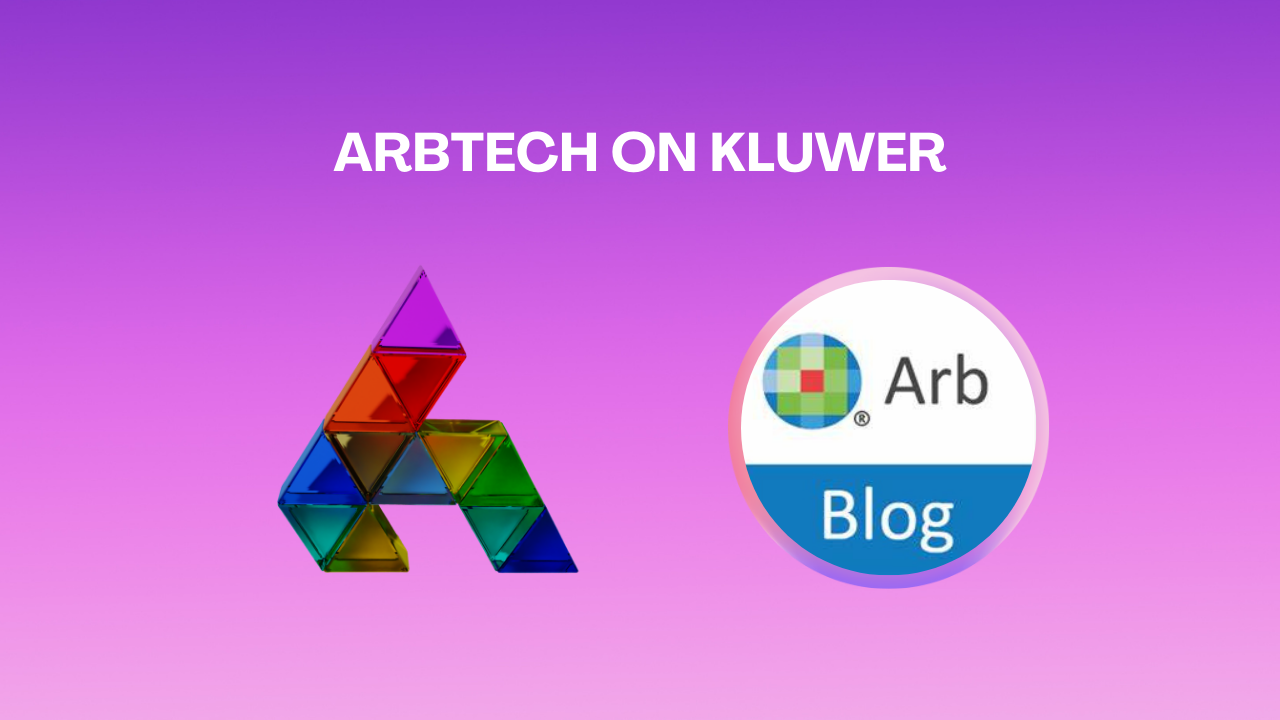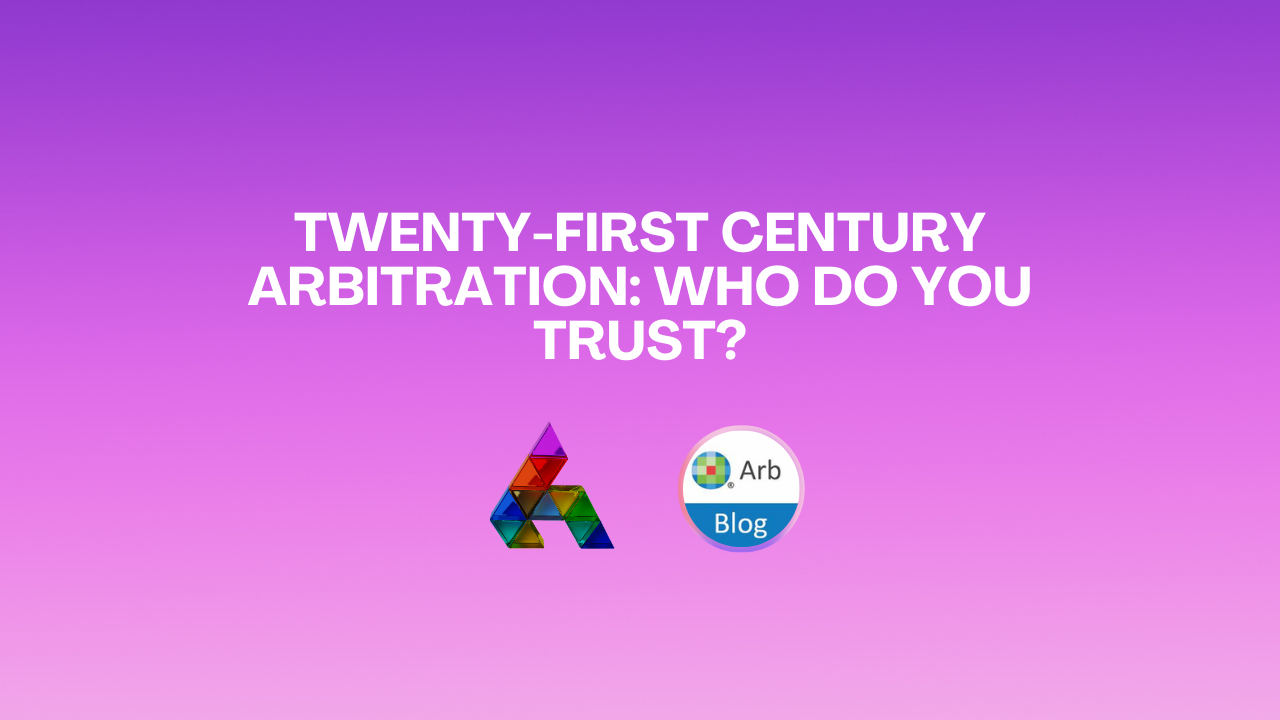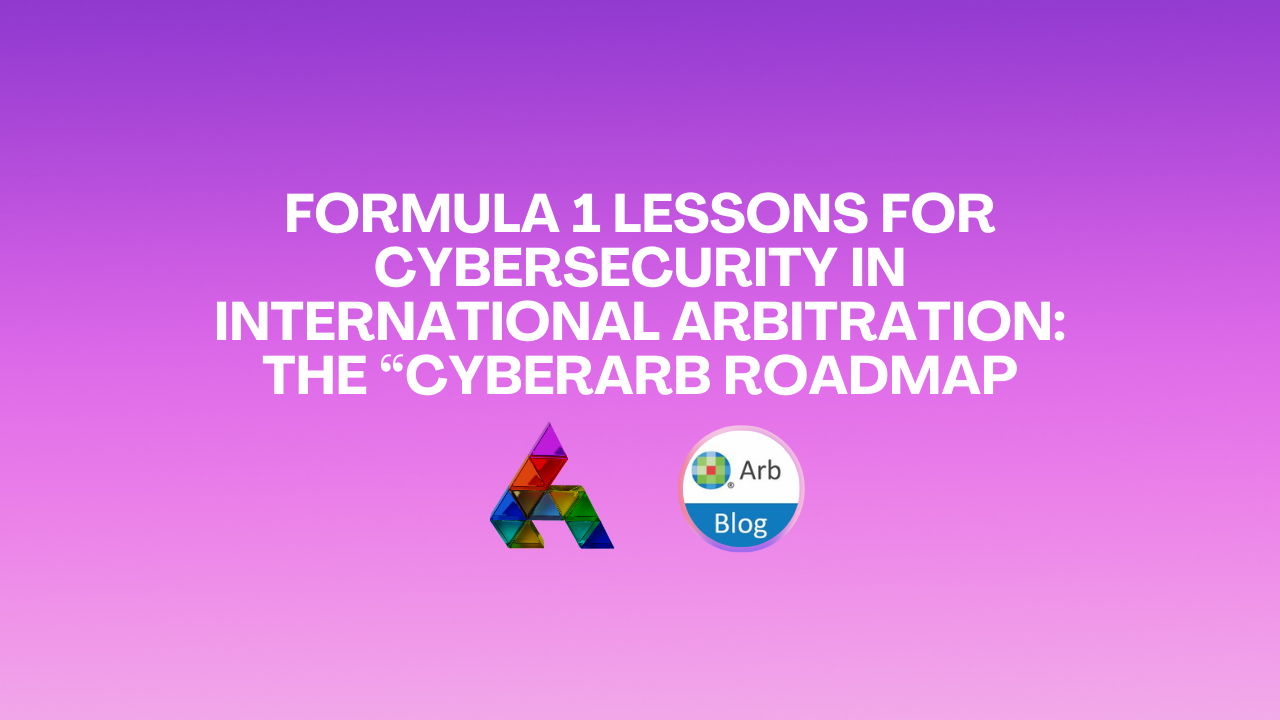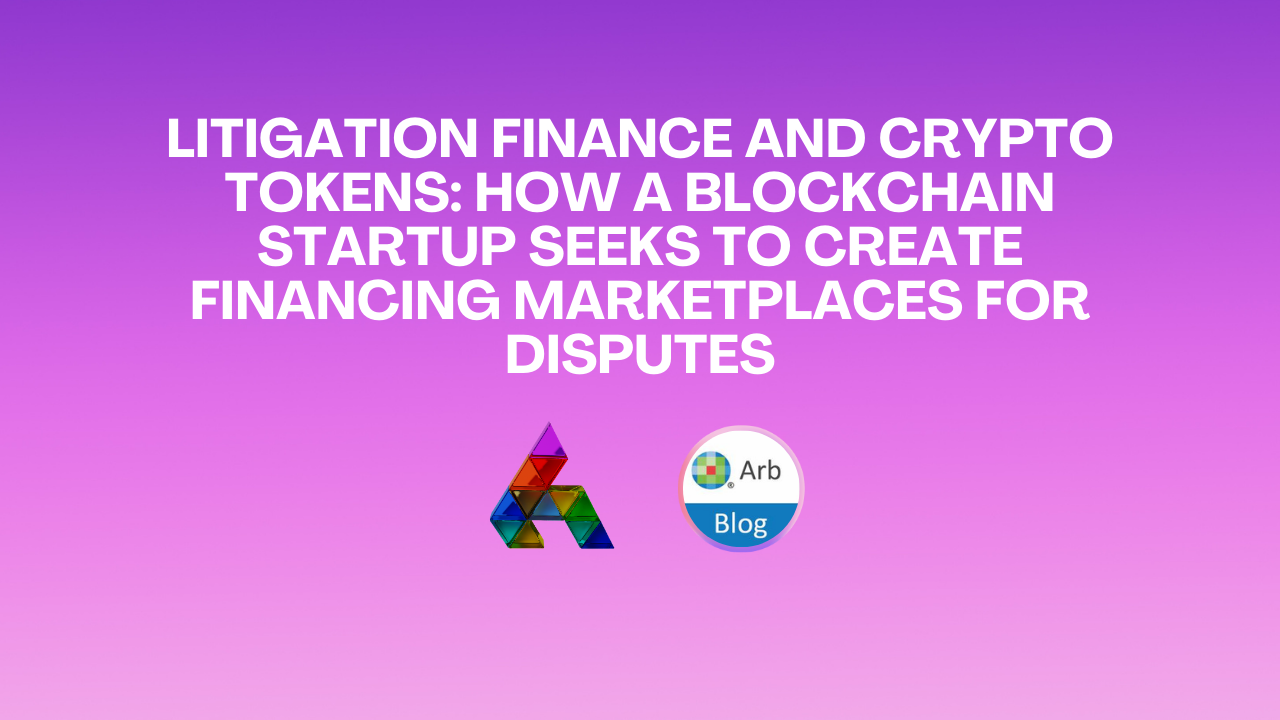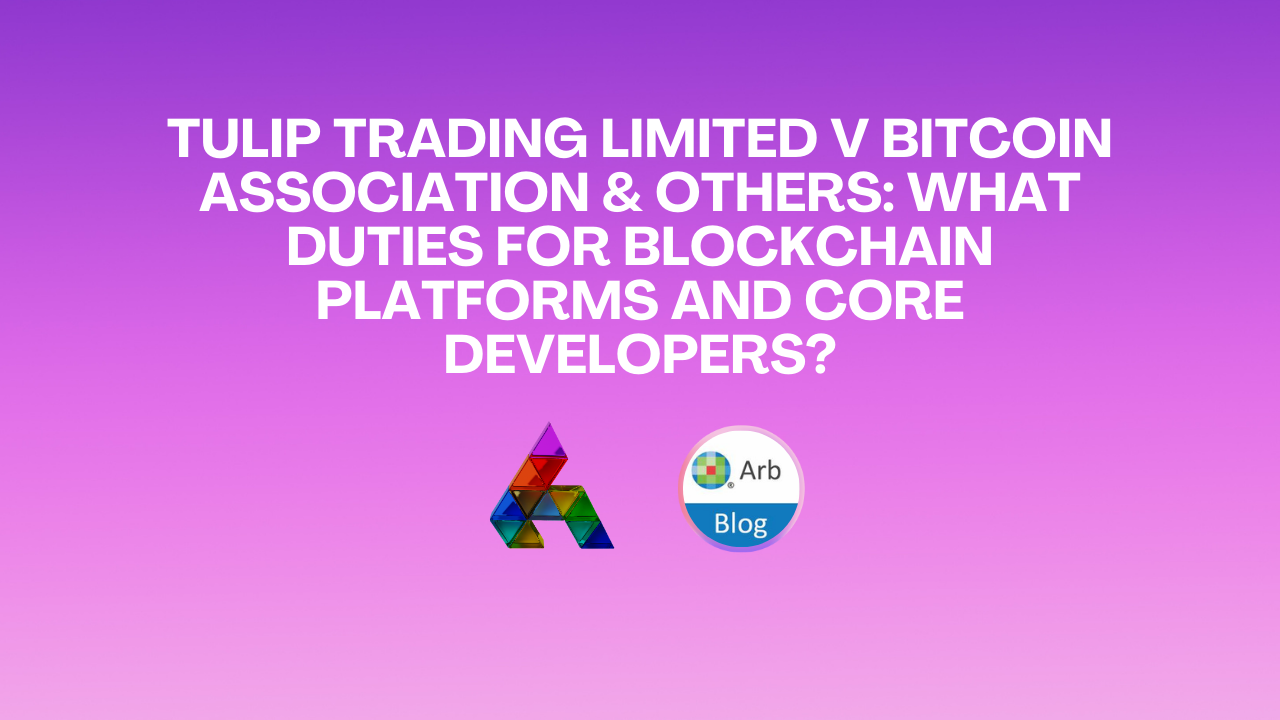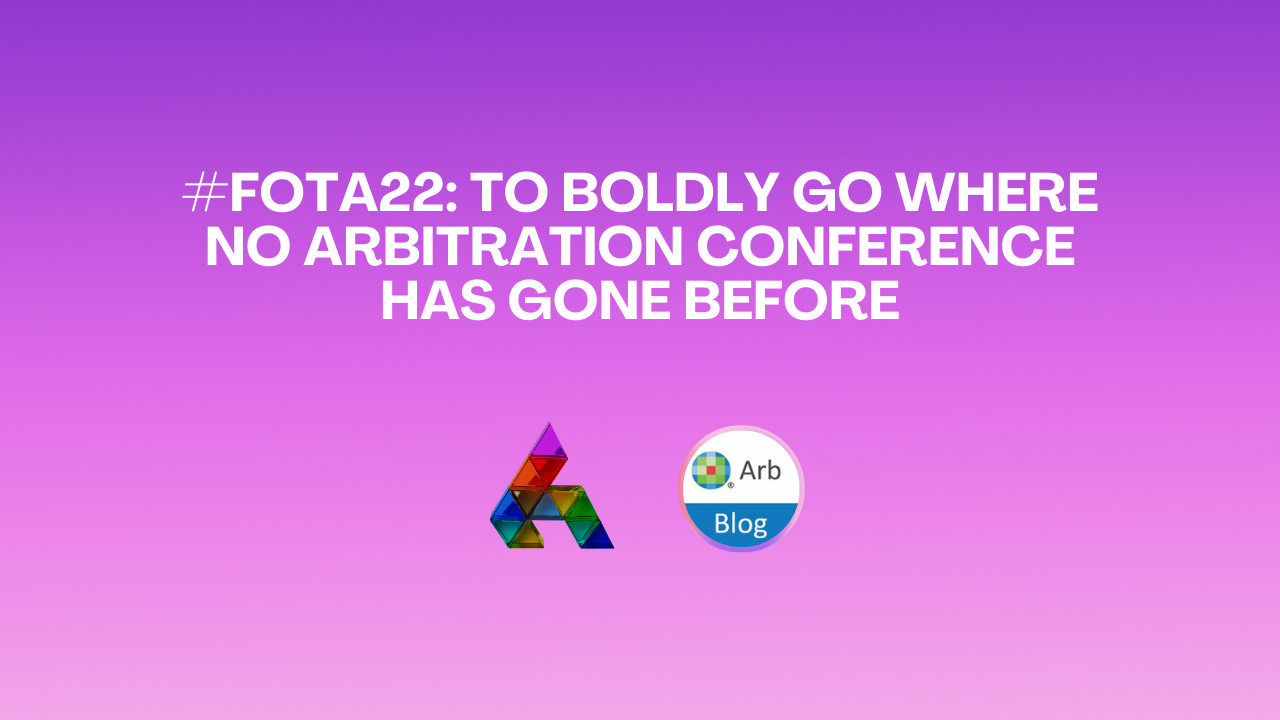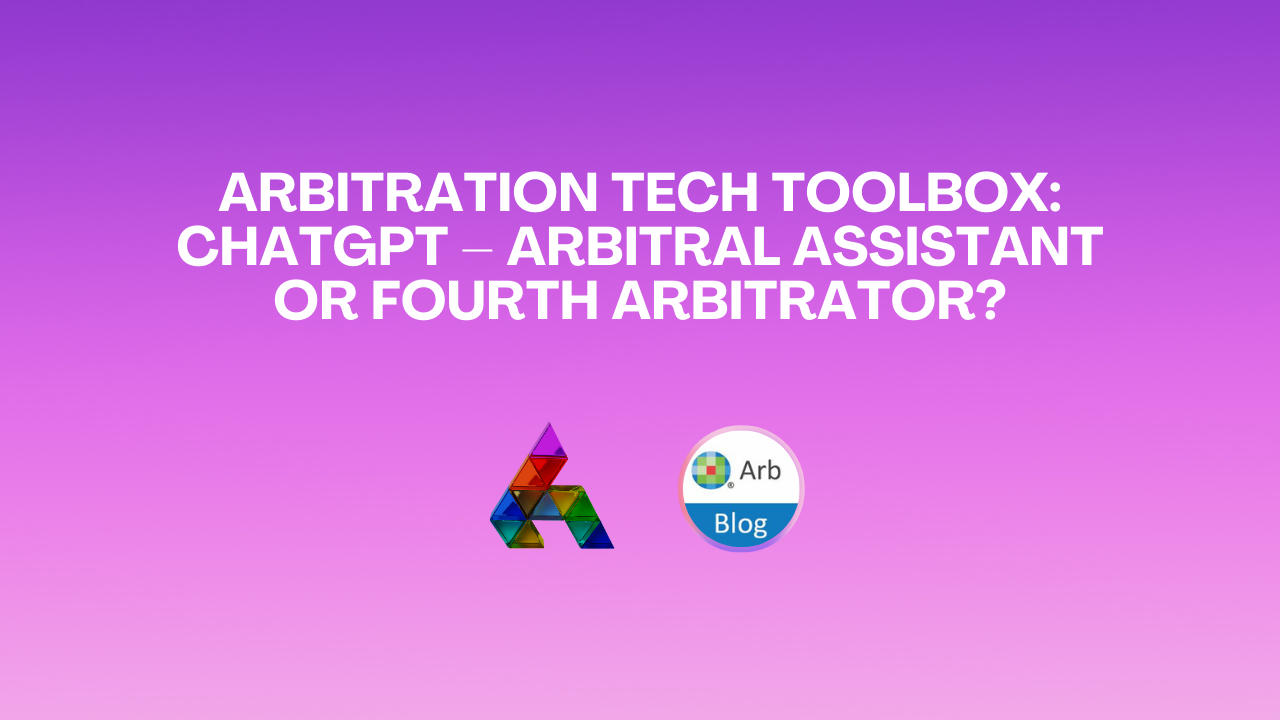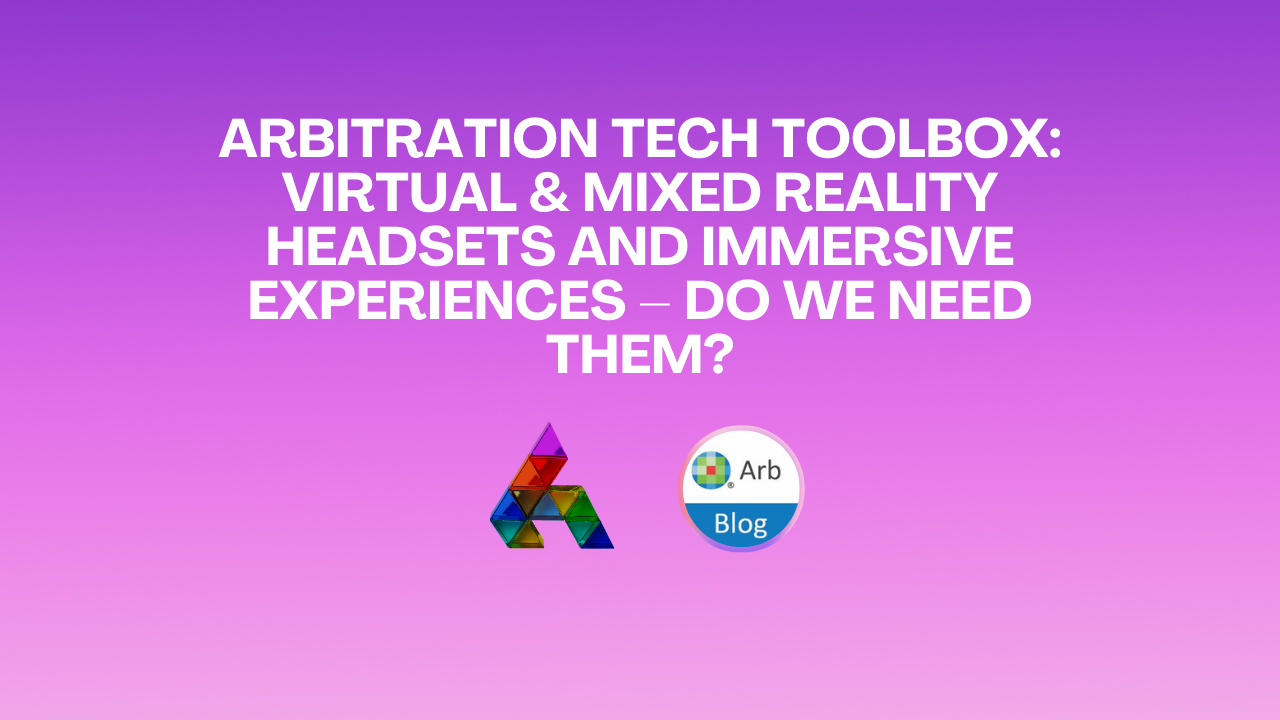ArbTech On Kluwer Arbitration Blog
The intersection of technology and dispute resolution continues to grow more complex and integral within the realm of international arbitration. The ArbTech team has meticulously curated a collection of insightful articles published on the Kluwer Arbitration Blog, each addressing pivotal aspects of this dynamic field.
This anthology not only explores the challenges and opportunities presented by the 21st-century arbitration process but also offers practical solutions and forward-thinking strategies to navigate this digital terrain effectively.
Twenty-First Century Arbitration: Who Do You Trust?
By: Sophie Nappert (ArbTech) and Avani Agarwal
International arbitration (IA) maintains its popularity as business’ premier choice of dispute resolution in the 21st century. This does not mean that the process is free from criticism which raises the question how IA attracts and retains the trust of its users in spite of its limitations.
The question of trust comes to the fore in a particularly acute manner in light of the advent of new technologies and their promise of decentralized, trustless justice by way of blockchain ‘arbitration’.
Healthy Virtual Hearings
By: Sophie Nappert (ArbTech) and Mihaela Apostol (ArbTech)
The travel restrictions and social distancing measures imposed by the COVID-19 pandemic have brought about an exponential increase of virtual get-togethers, including hearings via video conferencing in both litigation and arbitration proceedings.
Courts and tribunals in England and Wales reported an increase of audio hearings by over 500% and video hearings by 340% during the period 23 March – 6 April 2020. Similarly, arbitral institutions and hearing centres registered a high demand for virtual hearings: Seoul IDRC reported a rise by 500% of virtual hearings and by 460% of days of hearings held virtually. Also, 85% of the hearings booked in HKIAC cases in April and May 2020 employed remote communication tools.
A Roundup of Tech and Dispute Resolution News
By: Eric Chang (Chang Law, ArbTech)
Technology continues to transform the practice of law at a blistering pace – something obvious to all of us who suddenly find ourselves holding Zoom meetings from home in professional tops – and pyjama bottoms. However, technology’s continuing integration into the daily fabric of dispute resolution is much more than endless Zoom meetings, or even e-discovery and technology-assisted review (TAR) software. Some of the innovations, discussed below, are downright transformational. At the same time, advances in technology sometimes raise ethical and privacy concerns, bringing the inevitable – but perhaps warranted – scrutiny of legislative bodies. A few newsworthy topics can give a sense of where we are, how far we’ve come, and, most importantly, where we may be headed.
Formula 1 Lessons for Cybersecurity in International Arbitration: The “CyberArb Roadmap”
By: Wendy Gonzales (CyberArb) and Mihaela Apostol (ArbTech)
Both in Formula 1 and in international arbitration, small yet innocent mistakes can trigger significant risks. Lack of proper cybersecurity measures can lead to irreversible results with negative impact on all stakeholders involved.
In Formula 1 racing, the risk of danger is at every corner and one simple wrong move can change the outcome of the race. Although the driver is seen as the main actor, the success of the race and its safety is actually ensured by the seamless coordination of hundreds of team members which is made possible by (i) permanent monitoring; (ii) excellent team-work; (iii) routine pit stops; and (iv) fast intervention.
In this piece, we will first briefly address why cybersecurity matters, and secondly, we will analyze how the key lessons from Formula 1 can be transposed into the “CyberArb Roadmap” for arbitration proceedings. The overall goal is to provide readers with practical guidance in order to mitigate the risk of cyber threats.
The Impending Binance Arbitration: a Primer on the World of Cryptocurrencies, Derivatives Trading and Decentralised Finance on the Blockchain
By: Sean McCarthy (ArbTech) and Sophie Nappert (ArbTech)
The rise of the cryptocurrency industry has spawned some of the fastest growing and most profitable companies since the original dotcom boom, with those like Coinbase, which was valued at almost US$100 billion after its recent IPO, being prime examples. However, Coinbase, as a cryptocurrency exchange, is dwarfed by the runaway success and size of the Chinese-founded exchange, Binance. On average, around US$100 billion is traded there daily. The current size of this exchange and trading platform is equally impressive in light of the fact that the company was originally founded in 2017 (five years after Coinbase). The reasons for Binance’s rapid development have obviously mirrored the cryptocurrency industry’s massive expansion, but they are also likely due to its unorthodox approach to providing its services in every corner of the globe over the past four years. This latter point is one of the many interesting parts of the impending arbitration to be filed by disgruntled traders against the platform.
Washington Arbitration Week: Using BITs to Protect Cryptocurrency Investments?
By: Sarah Chojecki (ArbTech), Jose Antonio Rivas (Xtrategy LLP), Munia El Harti Alonso (Concepción Global, PLLC, Universidad Complutense de Madrid), and Fredrik Lindmark
The Second Edition of the Washington Arbitration Week took place from 29 November to 3 December 2021, hosting 16 panels, including two hybrid panels with both in-person and virtual attendees. This post highlights the panel on ‘Investment Treaty Arbitration in the Digital Era: Using BITs to protect Cryptocurrency Investments?’ Cristen Bauer (U.S. Department of Commerce) moderated the panel consisting of Ana Fernanda Maiguashca (Private Competitiveness Council and former Board Member of the Central Bank of the Republic of Colombia), Santiago Rodríguez (Uria Menendez), Sophie Nappert (3VB), David L. Attanasio (Dechert LLP), and Tom W. Walsh (Freshfields Bruckhaus Deringer LLP).
Ms. Bauer opened the discussions by remarking on the cutting-edge nature of the legal questions brought by cryptocurrencies into international investment law. While cryptocurrency investments have been soaring in the past decade, governments and their regulators are still trying to determine the nature of crypto assets and whether and how they should be regulated, raising many questions about the potential implications for investment treaty claims. The panel addressed various issues, including the definition of crypto assets, the ownership of such assets, whether investment treaties and conventions cover disputes involving crypto assets and, finally, the impending regulation of cryptocurrency investments.
Litigation Finance and Crypto Tokens: How a Blockchain Startup Seeks to Create Financing Marketplaces for Disputes
By: Eric Chang (Chang Law) and Sean McCarthy (ArbTech)
A recent VICE Motherboard article highlights an intriguing innovation at the intersection of crypto tech and litigation finance. The topic has caused quite a stir, including a thought-provoking discussion on ArbTech, an online forum on technology and dispute resolution. This post reports on this innovation, and expands upon the ArbTech discussion.
The innovation concerns Ryval, a law firm-backed crypto project with an ambitious vision of creating the “stock market of litigation financing,” via the purchase and trade of crypto tokens that fund civil lawsuits. The project is a collaboration between Kyle Roche, a partner in the New York law firm, Roche Freedman LLP; Republic, an investment platform providing access to startups, real estate, crypto, and video game investments; and Ava Labs, creator of the Avalanche smart contracts platform. Ryval calls this crypto offering the world’s first “Initial Litigation Offering,” or ILO – taking inspiration from the mechanics of the most known crypto fundraising process called an initial coin offering (ICO).
The particulars of Ryval’s offering generate serious doubts about its viability and attractiveness for potential investors. However, the broader tokenization concept raises fascinating possibilities for the litigation finance space, potentially creating entirely new funding markets and classes of investors.
Tulip Trading Limited v Bitcoin Association & Others: What Duties for Blockchain Platforms and Core Developers?
By: Sophie Nappert (3 Verulam Buildings & ArbTech) and Elisabeth Zoe Everson (ArbTech)
On 25 March 2022, as reported inter alia by Bird & Bird who acted for the successful defendants, the High Court of Justice in England (hereinafter the “High Court” or “Court”) rendered its eagerly-awaited judgment in the dispute between Tulip Trading Limited v Bitcoin Association & others.
An alleged hack had prevented Tulip Trading Limited (“TTL”), or more precisely its CEO, Dr Craig Wright, from accessing over a million dollars’ worth of digital currency assets held at two addresses within the relevant networks (the “Networks”). TTL sought to hold the networks and their core developers accountable, notably on the basis that they owed users a fiduciary duty to counter the effects of the hack and allow Dr Wright access to his assets.
This is a ground-breaking development for the blockchain and cryptocurrency community that provides important insight into the application of English law to the digital economy.
The decision deals with several procedural applications made by the Parties. This comment focuses on the Court’s treatment of the claimant’s allegation that the defendants were in breach of the common-law tort of fiduciary duty and thereby liable for the loss of the claimant’s digital currency as a result of the alleged hack.
#FOTA22: To Boldly Go Where No Arbitration Conference Has Gone Before
By: Sean McCarthy, Elisabeth Zoe Everson (ArbTech) and Sabine Van Haecke-Lepic (CMAP - Médiation et Arbitrage)
On the morning of Friday 16 September 2022, to the sound of the Star Wars theme, the first edition of the Future of Technology in Arbitration 2022 conference, a.k.a. FOTA22, officially began. Delving into many interesting topics, the organizers ensured plenty of opportunities for the participants to have an active say in what was being discussed. Alexandra Sidossis (4-5 Gray’s Inn Square) guided the audience through voting in multiple surveys on topical questions such as the future of the use of holograms in arbitration hearings. In between discussion panels, six legaltech companies were interviewed and presented their technology in the FOTA Showcase, as chosen by a panel of eminent arbitration practitioners.
Arbitration Tech Toolbox: ChatGPT – Arbitral Assistant or Fourth Arbitrator?
By: Stefanie G. Efstathiou (Ludwig-Maximilians-Universität München) and Mihaela Apostol (ArbTech)
The prospect of integrating generative artificial intelligence (AI) into the adjudicatory decision-making process is not as distant as one might think. In February 2023, it was reported that a Colombian judge used ChatGPT in deciding a health insurance dispute. The judge asked both decisional and research questions and integrated those responses into his judgment. Another example comes from a court in Pakistan. One company has also explored the use of ChatGPT in mediation, ChatGPT was a party in a recent mock arbitration hearing based on the Vis Moot case, and Jus Mundi just announced its Jus AI. If judges and mediators can rely on ChatGPT, why not arbitrators?
Arbitration Tech Toolbox: Virtual & Mixed Reality Headsets and Immersive Experiences – Do We Need Them?
By: Sarah Chojecki (ArbTech) and Sophie Nappert (3 Verulam Buildings & ArbTech)
Just when it seemed that the tech industry had turned its back on futuristic, immersive digital worlds, often called the metaverse, Apple launched its first Mixed Reality headset, the Apple Vision Pro, on June 5, 2023. Expected to go on sale in the U.S. in early 2024 for $3,499, the Apple Vision Pro signals Apple’s foray into this space, or what Apple calls “spatial computing.” A few days before, Meta (formerly Facebook) unveiled plans to release the third iteration of its Virtual Reality headset, the Quest 3.
An interesting feature of Apple’s new headset is that it promises users to create a virtual version of their faces that is accurate to how they look. Exit the cartoony avatars generated by apps like Microsoft Teams and Meta’s Horizon Worlds.
Despite the mixed initial reviews of Apple’s Vision Pro, these concurrent announcements from two tech giants have reignited discussions surrounding these cutting-edge technologies (previously discussed here).
In this blog post, we dive into the world of Extended Reality (XR) and its different forms, and explore XR’s benefits, challenges, and potential implications for international arbitration.
